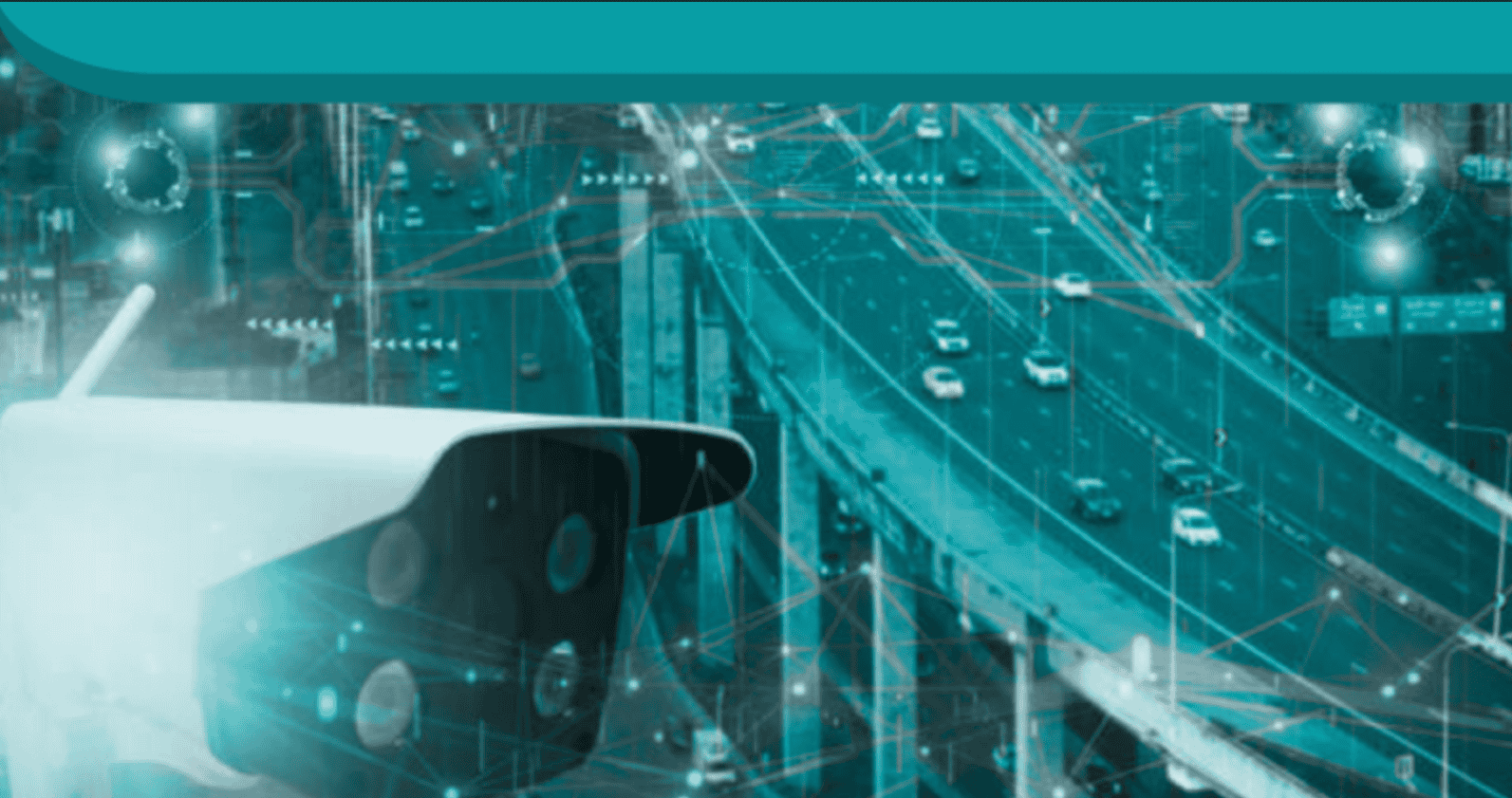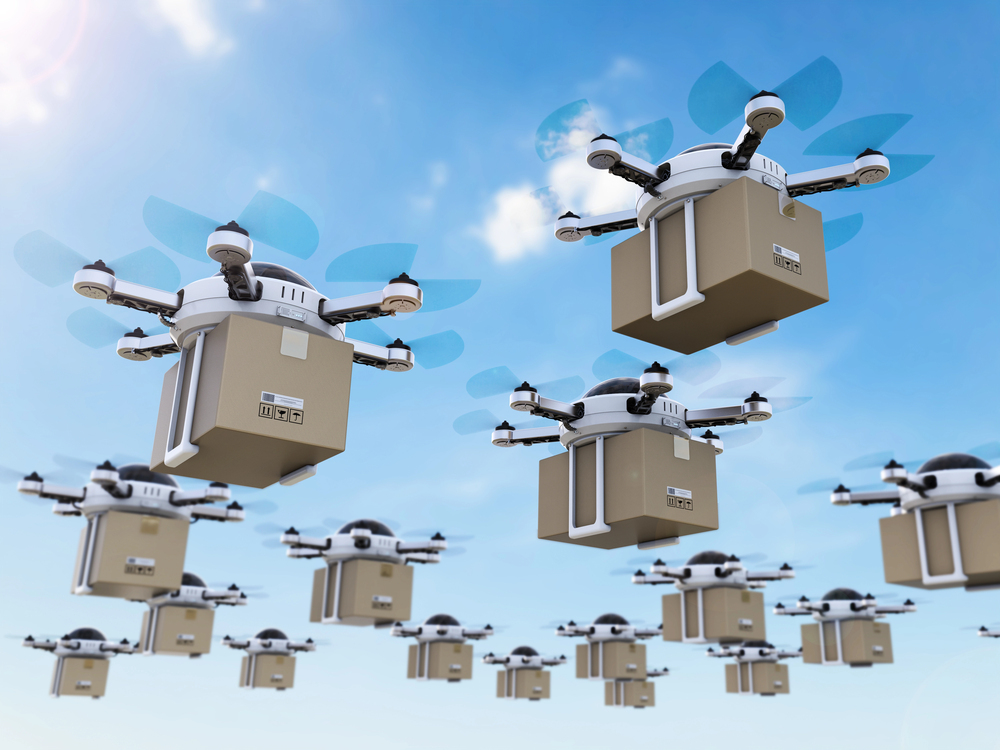Keeping pace with news and developments in the real-time analytics and AI market can be a daunting task. Fortunately, we have you covered with a summary of the items our staff comes across each week. And if you prefer it in your inbox, sign up here!
Microsoft, NVIDIA, and Anthropic announced new strategic partnerships. Anthropic is scaling its Claude AI model on Microsoft Azure, powered by NVIDIA, which will broaden access to Claude and provide Azure enterprise customers with expanded model choice and new capabilities.
Additionally, NVIDIA and Anthropic are establishing a deep technology partnership to support Anthropic’s future growth. Anthropic and NVIDIA will collaborate on design and engineering, with the goal of optimizing Anthropic models for the best possible performance, efficiency, and TCO, and optimizing future NVIDIA architectures for Anthropic workloads.
Microsoft and Anthropic are also expanding their existing partnership to provide broader access to Claude for businesses. Customers of Microsoft Azure AI Foundry will be able to access Anthropic’s frontier Claude models, including Claude Sonnet 4.5, Claude Opus 4.1, and Claude Haiku 4.5. Microsoft has also committed to continuing access for Claude across Microsoft’s Copilot family, including GitHub Copilot and Copilot Studio.
As part of the partnership, NVIDIA and Microsoft are committing to investing up to $10 billion and up to $5 billion, respectively, in Anthropic.
See also: Microsoft Ignite Takes Aim at AI
Real-time analytics news in brief
The Allen Institute for AI (Ai2) announced Olmo 3, a family of frontier fully open language models that delivers the entire model flow, including the complete, transparent pipeline from data to deployment. The release includes the fully open 32B thinking model that generates explicit reasoning-chain-style content. Olmo 3 gives AI builders full visibility and control over every training stage, checkpoint, and dataset, enabling limitless customization and reproducible research at scale.
Bindplane announced Pipeline Intelligence, a production-grade AI automation platform that fundamentally shifts telemetry pipeline management from manual construction to intelligent automation. The task-based interface of the platform allows users to define concrete objectives: parse logs and route to proper destinations; find anomalies in telemetry streams; and optimize pipeline configurations for performance. Pipeline Intelligence performs the work with production-grade reliability.
Countly announced the release of Countly 26.01, which introduces a new data engine and AI-ready pipeline that gives organizations full control over the data feeding their AI, structured, fast, compliant, and grounded in real user context. The release introduces three core capabilities, including a next-generation data engine; Cee, an AI-powered assistant; and an AI-ready data pipeline.
CrewAI announced the launch of CrewAI AOP (Agent Operations Platform). The solution offers an enterprise control plane for AI agents, where companies design, build, deploy, monitor, and govern agents in production. Additionally, AOP combines a visual, no-code builder with deep observability, security, and role-based access controls so both technical and non-technical teams can safely scale intelligent operations.
Crusoe announced the general availability of Crusoe Managed Inference, a new service designed to run leading model inference on Crusoe Cloud with ultra-low latency, fast time-to-first-token (TTFT) speed, and resilient scaling. Optimized for the most demanding inference workloads, including large context and long-form text generation, AI developers can use Crusoe Managed Inference to rapidly deploy and automatically scale production-ready models, instantly enabling new capabilities like AI agents and complex task automation.
Datadobi unveiled its Advanced Storage Optimizer, a solution designed to take the guesswork out of managing enterprise storage. The new solution is available in StorageMAP 7.4, the latest release of Datadobi’s platform. It provides new levels of visibility into cost-reduction opportunities by identifying suboptimal use of storage tiers and enabling users to model scenarios before migrations.
Hammerspace announced the upcoming release of Hammerspace v5.2, delivering performance, security, and ecosystem enhancements that help organizations unify, automate, and accelerate their AI and high-performance workloads across any on-premises, hybrid, or cloud-based infrastructure. A key component of the performance improvements is the company’s continued contribution of client-side NFS performance enhancements to the standard Linux kernel.
Itential announced FlowAI, an extension of the Itential Platform that introduces agentic orchestration for infrastructure operations. FlowAI enables enterprises to safely integrate AI agents and reasoning systems into real, governed automation, bringing intelligence and autonomy into Itential’s trusted execution environment.
Iterable unveiled the latest breakthrough in its expanding agentic marketing suite: the Model Context Protocol (MCP) Server. This new access layer gives developers and technical marketers the power to connect specialized AI tools like Cursor, Claude Code, and Claude Desktop directly to the Iterable platform and turn natural-language direction into governed, real-time platform actions.
OpenText introduced the OpenText AI Data Platform (AIDP). The solution addresses the convergence of data and AI to deliver secure and scalable enterprise capabilities. To that end, the new platform unites data management and AI to help enterprises securely activate their information and deliver contextual, trusted automation at scale.
pgEdge announced the release of pgEdge Control Plane, a distributed application designed to simplify the management and orchestration of PostgreSQL databases. Control Plane provides a declarative API for defining, deploying, and updating databases across multiple hosts, making it easier for organizations to deploy and manage Postgres, whether they’re running single region or globally distributed deployments. The solution is built for both pgEdge Enterprise Postgres and pgEdge Distributed Postgres.
Precisely announced Gio AI Assistant in the Precisely Data Integrity Suite. Gio introduces a conversational interface that helps users discover, monitor, cleanse, govern, and enrich data across the Precisely Data Integrity Suite by simply describing what they want to do. The launch also includes Precisely AI and Agentic Fabric, the shared foundation that unifies, enables, and governs AI across the Data Integrity Suite.
Protegrity announced the launch of its Protegrity AI Team Edition. The new product gives AI developers a fully instrumented Python package to secure the AI pipeline, along with a fully instrumented data security toolbox to protect enterprise data systems, seamlessly integrated, so they can secure and scale projects from the start of model development to the deployment of agentic workflows.
Qlik announced new capabilities in Qlik Talend Cloud that make trusted data easy to use across the business. With these new capabilities, data teams can publish secure, standards-based API endpoints for governed data products with one click, automatically document fields at scale, and use an AI assistant to propose data-quality rules.
ScaleOut Software introduced key enhancements to its ScaleOut Active Caching technology. This latest update, the Gen AI Release of the ScaleOut Product Suite, adds new generative AI features that automate the creation of real-time analytics. Using the solution, users can easily create visualizations of live data stored in the distributed cache to quickly identify emerging trends and enable immediate responses.
Sentra launched its AI Classifier for Unstructured Data. Using the solution, enterprises can accurately discover and classify sensitive data at petabyte scale with near-perfect precision. Sentra’s new AI classification engine leverages Small Language Models (SLMs) optimized for enterprise data. The solution uses Sentra’s domain-specific SLMs, which analyze not just patterns but context that identifies sensitive data across departments, industries, geographies, and intellectual property types.
Sonatype announced the launch of Nexus One, a single, agentic software supply chain infrastructure unifying open-source intelligence, governance, and automation across enterprise software development. Nexus One is the system of record for software artifacts, delivering real-time open-source software (OSS) intelligence, proactive risk protection, and agentic automation for dependency management.
Tanium announced major advancements designed to accelerate the journey toward autonomous operations and security. Two of the innovations focused on the Agentic AI. That includes Tanium Ask, Tanium’s first agentic AI experience that integrates AI-driven workflows directly into its platform; and Autonomous IT Agent for ServiceNow, which is embedded within ServiceNow’s Now Assist.
Turf Network announced major advancements to its infrastructure designed to accelerate enterprise adoption. One new innovation is the launch of fully customizable MCP servers that allow developers to build, train, and deploy their own data agents on enterprise-grade datasets. The company also introduced a low-code integration tool for data agents.
Vanta unveiled a number of new products. Powered by intelligent automation, Vanta’s Agentic Trust Platform helps teams understand their environment, anticipate what’s next, and automate workflows across compliance, risk, and security assessments. Powered by context and memory, the Vanta AI Agent 2.0 can expose program gaps, provide proactive, personalized guidance, and even take coordinated actions on critical work.
Partnerships, collaborations, and more
Schneider Electric, AVEVA, and ETAP announced their membership in the Alliance for OpenUSD (Universal Scene Description). The companies join NVIDIA, Pixar, Adobe, and Autodesk in shaping the future of interoperable digital twins and simulation-ready (SimReady) 3D assets. Joining the Alliance signals Schneider Electric, AVEVA, and ETAP’s deepened alignment with NVIDIA’s vision for scalable, physically accurate, and real-time digital twin environments, engineered to simulate buildings, manufacturing factories, data centers, and AI infrastructure systems of the future.
Anaconda launched AI Catalyst, an enterprise AI development suite within the Anaconda Platform, powered by Amazon Web Services (AWS), that delivers an end-to-end ecosystem for building, deploying, and governing AI applications. AI Catalyst launches with a curated model catalog of secure, vetted AI models to enable organizations to discover, select, test, compare, and run models in their own environment, reducing unknown risks and improving governance and cost efficiency.
Ataccama and Cognizant announced ONE Bridge. Developed by Cognizant in close collaboration with Ataccama’s product and engineering teams, ONE Bridge replaces slow, manual migrations with an automated, proven path to Ataccama ONE, the agentic platform for trusted, governed, and AI-ready data.
Dynatrace announced its integration with Amazon Bedrock AgentCore, now generally available to Amazon Web Services (AWS) customers. The integration provides real-time visibility into autonomous agents and their interactions across AWS services, enabling developers and enterprises to monitor, debug, optimize, and audit agentic workflows with precision.
OpenText announced an expanded partnership with Google Cloud to deliver transformative solutions across artificial intelligence (AI), data privacy, and sovereign cloud infrastructure. The collaboration combines OpenText’s enterprise information management expertise with Google Cloud’s AI and infrastructure technologies to help organizations solve complex business challenges with confidence and agility.
Opsera announced a strategic partnership with Koantek to help enterprises deploy, scale, and operate Databricks faster, more securely, and with enterprise-grade governance. Together, they offer a joint delivery model that pairs expert engineering with repeatable automation, helping customers move from manual, script–heavy deployments to fully governed, enterprise–scale DataOps in weeks, not months.
Snowflake announced a new integration with NVIDIA to accelerate ML workflows directly within Snowflake’s platform. Through the integration, Snowflake ML will now come preinstalled with some of NVIDIA’s most popular libraries for data science, offering Snowflake customers the ability to leverage GPU-accelerated algorithms for their ML workflows.
If your company has real-time analytics news, send your announcements to ssalamone@rtinsights.com.
In case you missed it, here are our most recent weekly real-time analytics news roundups:

















 Best Practices for Deploying and Scaling Industrial AIArtificial Intelligence (AI) is transforming industrial operations, helping organizations optimize workflows, reduce downtime, and enhance productivity. Different industry verticals leverage AI in unique ways.Link to The Center for Adaptive Edge Intelligence
Best Practices for Deploying and Scaling Industrial AIArtificial Intelligence (AI) is transforming industrial operations, helping organizations optimize workflows, reduce downtime, and enhance productivity. Different industry verticals leverage AI in unique ways.Link to The Center for Adaptive Edge Intelligence The Center for Adaptive Edge IntelligenceAdaptive edge intelligence brings real-time decision-making to the point of data creation, whether from sensors, machines, or cameras.Link to The Value of Vehicle Electrification
The Center for Adaptive Edge IntelligenceAdaptive edge intelligence brings real-time decision-making to the point of data creation, whether from sensors, machines, or cameras.Link to The Value of Vehicle Electrification The Value of Vehicle ElectrificationElectric vehicles (EVs) present automakers with many design, engineering, and manufactu ring challenges.Link to Accelerating Manufacturing Digital Transformation with Industrial Connectivity and IoT
The Value of Vehicle ElectrificationElectric vehicles (EVs) present automakers with many design, engineering, and manufactu ring challenges.Link to Accelerating Manufacturing Digital Transformation with Industrial Connectivity and IoT Accelerating Manufacturing Digital Transformation with Industrial Connectivity and IoTDigital transformation is empowering industrial organizations to deliver sustainable innovation, disruption-proof products and services, and continuous operational improvement.Link to Smart Manufacturing for Automotive
Accelerating Manufacturing Digital Transformation with Industrial Connectivity and IoTDigital transformation is empowering industrial organizations to deliver sustainable innovation, disruption-proof products and services, and continuous operational improvement.Link to Smart Manufacturing for Automotive Smart Manufacturing for AutomotiveLeading a transportation revolution in autonomous, electric, shared mobility and connectivity with the next generation of design and development tools.Link to Center for Data Pipeline Automation
Smart Manufacturing for AutomotiveLeading a transportation revolution in autonomous, electric, shared mobility and connectivity with the next generation of design and development tools.Link to Center for Data Pipeline Automation Center for Data Pipeline AutomationAs businesses become data-driven and rely more heavily on analytics to operate, getting high-quality, trusted data to the right data user at the right time is essential.Link to Center for Automated Integration
Center for Data Pipeline AutomationAs businesses become data-driven and rely more heavily on analytics to operate, getting high-quality, trusted data to the right data user at the right time is essential.Link to Center for Automated Integration Center for Automated IntegrationThe goal of automated integration is to enable applications and systems that were built separately to easily share data and work together, resulting in new capabilities and efficiencies that cut costs, uncover insights, and much more.Link to Continuous Intelligence: Insights
Center for Automated IntegrationThe goal of automated integration is to enable applications and systems that were built separately to easily share data and work together, resulting in new capabilities and efficiencies that cut costs, uncover insights, and much more.Link to Continuous Intelligence: Insights Continuous Intelligence: InsightsDigital transformation requires continuous intelligence (CI). Today’s digital businesses are leveraging this new category of software which includes real-time analytics and insights from a single, cloud-native platform across multiple use cases to speed decision-making, and drive world-class customer experiences.
Continuous Intelligence: InsightsDigital transformation requires continuous intelligence (CI). Today’s digital businesses are leveraging this new category of software which includes real-time analytics and insights from a single, cloud-native platform across multiple use cases to speed decision-making, and drive world-class customer experiences.


















